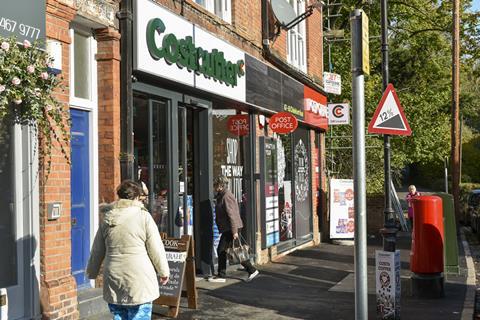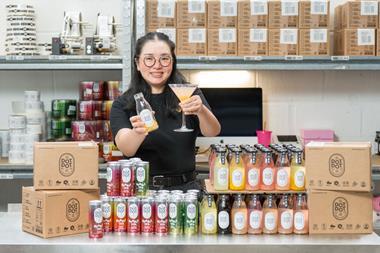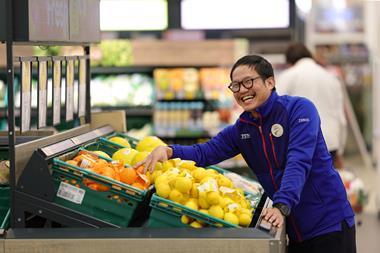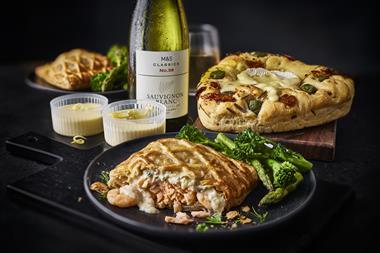
-
CEO Darcy Willson-Rymer hailed the results as the “strongest during my time at Costcutter”
-
Costcutter’s ability to serve shoppers’ needs for a full shop had proved vital and maintained shopper loyalty
Costcutter is planning on converting those “lifeline shoppers” picked up during the coronavirus crisis into “lifelong customers”.
The pledge from the symbol group’s CEO Darcy Willson-Rymer comes after it today posted a 10% increase in sales to £426m for the year to 31 December. With EBITDA up £9m to £5.1m, Willson-Rymer hailed the results as the “strongest during my time at Costcutter”.
Sales in the four months to the end of April were up 22%, excluding tobacco. Costcutter said the ability to serve shoppers’ needs for a full shop, particularly with its fresh offer, had proved vital and maintained shopper loyalty among regular customers and new shoppers.
“In just two months, the coronavirus crisis has transformed the value of the convenience sector for shoppers and local communities,” said Willson-Rymer. “Our retailers’ stores provided an essential role in providing lifeline support for their communities and keeping the nation fed.
“As a result, we expect sales to remain higher than usual for the time being. However, as the lockdown eases, demand may begin to slowly return to normal levels and that is when we will accelerate elements of our 2020 plans to help our independent retailers convert these new lifeline shoppers into lifelong shoppers.
“We will do this through both the Shopper First programme and its proven ability to help participating stores focus on the right range and offer with an emphasis on fresh foods, and by helping retailers become even closer to local communities through an increased focus on digital experience and platforms such as Uber Eats.”
Willson-Rymer acknowledged that availability continued to be a area of concern within the wholesale and convenience channel as a whole. “With the levels of demand many suppliers are stretched and struggling to keep up. We saw this initially on toilet paper and hand gel before it moved to ambient and dry goods and now with the warm weather, BWS is proving challenging,” he said. “But I think we are getting our fair share.”
He added that Costcutter was accelerating its online delivery plans as a result of the Covid-19 crisis, with 100 retailers now part of its Uber Eats tie-up and another 200 stores offering some form of grocery delivery service.
There are currently about 70 Costcutter stores that have had to close temporarily due to the crisis and Willson-Rymer said it was looking to support the affected retailers on a one-to-one basis.
The improvements in performance during 2019 were largely driven by the continued rollout of its Shopper First insight programme, with participating retailers enjoying a minimum of 20% sales increase, and the recruitment of stronger retailers. While store numbers remained flat at 1,550 over the past year, Costcutter said the retailers that had joined had an average of 50% more sales than those who left in the same period.
He also said that the improved performance of the group meant that 150 suppliers doubled their sales through Costcutter in 2019.
“Last year we said that we are challenging what symbol groups can deliver and we believe that 2019 proved our ability to fulfil that promise. Despite the external challenges that lie ahead, the opportunity to help grow independent retailers’ businesses has never been greater.”



















No comments yet